Attention-Deficit/Hyperactivity Disorder (ADHD) is a Neurodevelopmental Disorder, with symptoms that begin during childhood and can
persist across the lifespan.
I work with individuals at various stages of their ADHD journey, offering a number of comprehensive services including:
- Assessment and Diagnosis
- Psychoeducation/Understanding your ADHD diagnosis
- ADHD Counselling and Strategy use
I support individuals to understand their attention profile, embrace their strengths and manage symptoms effectively.
ADHD Assessment & Diagnosis
Is an Assessment Right for You?
Individuals pursue ADHD assessments at various ages and life stages, for a variety of reasons:
- Are you (or your child) struggling with focus, sustained attention, or impulsivity?
- Has your child recently been diagnosed with ADHD, and you see similar traits in yourself?
- Are you mature student and requiring an updated ADHD assessment for post-secondary accommodation?
- Are you struggling to complete tasks and demonstrate your potential in the workplace?
- Has your child’s teacher identified challenges with their ability to follow routines or use class time wisely?
- Are you feeling overwhelmed with daily tasks and responsibilities and feeling unsure where to start?
An ADHD assessment helps to understand your attention profile and provides important information for navigating next steps towards effective management.
What Does the Assessment Process Involve?
Initial Intake Interview – At this appointment, we discuss your concerns and clarify your assessment needs. An assessment plan is developed that is suited to your referral question(s) and goals.
Next Steps can Include:
- File Review (review of academic records and any previous assessment reports)
- Completion of forms and rating scales
- Individual assessment session
- Scoring and Interpretation
- Completion of an Assessment Report
- Feedback Meeting to Review the Assessment Results
At the Feedback Meeting, you will be provided with a copy of the assessment report, including strategies and resources, based on the assessment outcomes. The goal of this session is for individuals to ask questions, understand the assessment outcome and leave with a clear plan for navigating next steps.
How Long Will the Process Take?
ADHD Assessments require approximately 6-8 hours of billable time to complete and are generally completed over a 2-4 week period. At the initial interview, we will develop an assessment plan and establish a timeline that works for you.
Effective Symptom Management
ADHD: Understanding Your ADHD Diagnosis
Effective symptom management involves a multi-pillar approach, taking many small steps in a unified direction. An important first step in this process is psychoeducation and understanding your (or your child’s) ADHD diagnosis.
Understanding what ADHD is (and what it is not) is an important first step in understanding how it is most impactful in daily life and learning to manage core symptoms more effectively.
While each individual is unique, some common challenges associated with ADHD may include:
- Difficulty getting started on academic or workplace tasks.
- Difficulty staying focused and seeing tasks through to completion.
- Difficulty sustaining attention during classes, work meetings, or in conversations.
- Challenges with planning, organization, and time management. Underestimating how long a task will take and over-committing time.
- Difficulty prioritizing tasks or meeting deadlines
- Difficulty knowing where to start and feeling overwhelmed.
My strength based approach also supports individuals to understand their strengths and embrace the aspects of their attention profile that allow them to excel in their daily life. I believe in empowerment through learning and view this balanced approach to psychoeducation as an important step in the journey towards effective symptom management.
I offer psychoeducation as part of every ADHD assessment, and also work with individuals with previous ADHD diagnoses who are ready to take next steps on their (or their child’s) ADHD journey.
ADHD Counselling and Strategies
ADHD can impact various aspects of daily life, including learning, employment, interpersonal relationships, mental health, self-esteem and managing daily responsibilities.
Effective symptom management involves taking many small steps over time, and it can be challenging to know where to start. I work with individuals at various stages of their ADHD journey to help navigate the process.
Our work together can focus on a number of areas, including:
- Planning and Organization
- Task Completion
- Building Sustainable Routines
- Managing Stress
- Reducing Impulsivity
- Keeping Track of Personal Belongings
- Effective Learning/Study Strategies
- Attention Regulation/Mindfulness Based Practices
I work from a holistic, integrated approach to individual counselling, incorporating Mindfulness based practices, elements of Acceptance and Commitment Therapy (ACT) and evidenced based strategies. I offer individual counselling and strategy sessions to support individuals to identify next steps and to set and work towards their personal goals.

